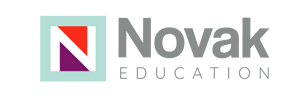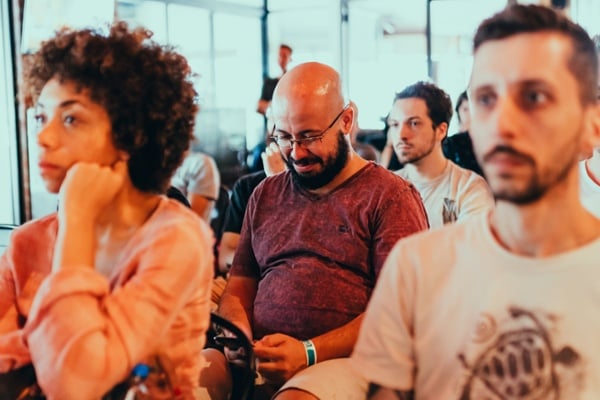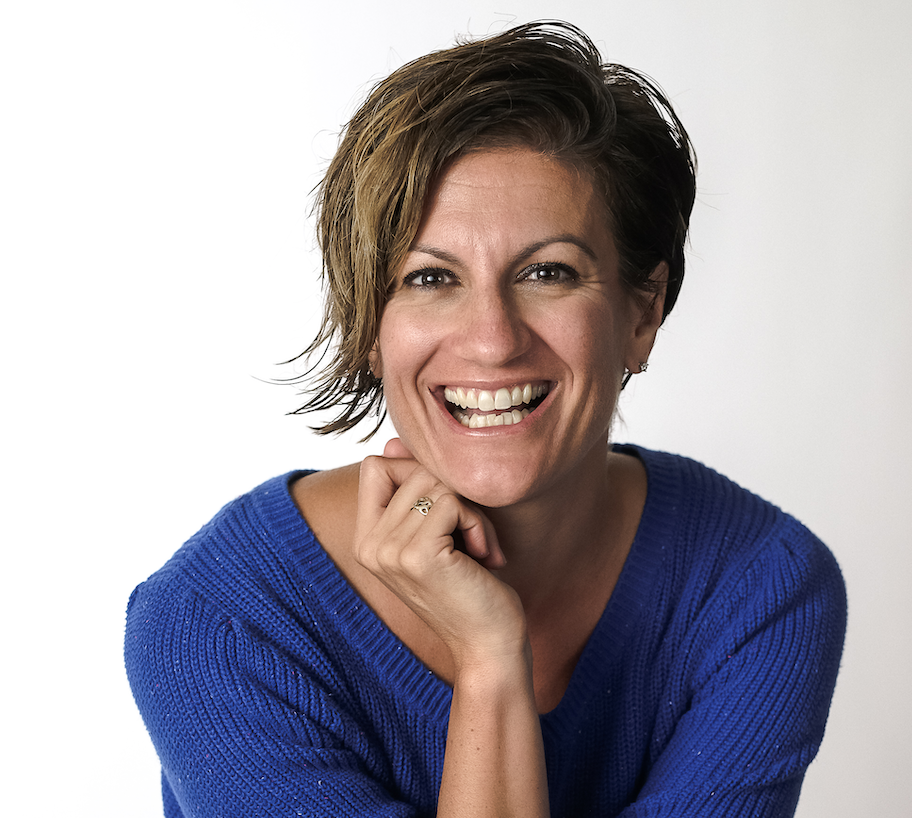Planning Professional Development Using a UDL Lens
We have all been there - stuck in a professional development (PD) session where we are ready to walk out (or log out!), texting feverishly to our colleagues, “Are you kiddddddding me?”
I have experienced this kind of non-compelling, lets-just-get-through-it, when it will ever be over?!?! PD too. Embarrassingly enough, I have run this kind of PD session! That was before I knew about the power of Universal Design for Learning (UDL) and before I realized that PD for teachers, just like learning for our students, needs to be authentic, meaningful, and relevant to be engaging, thought-provoking, and useful.
We can’t just start our PD saying, “You need to learn this because we are mandating it and it doesn’t matter how much you already have on your plate, so listen up!” We need to understand the beliefs, motivations, and challenges of our educators in order to understand what they truly need in professional learning. We need to give them options and choices for how they learn and express their knowledge and skills. We need to meet them at their level before we help lift them up to the next.
Professional development is important to help all students grow as learners and succeed while working toward grade-level standards. But, when we turn a critical lens on our professional learning, are we practicing what we preach for students? The following three questions may help you to reflect:
- How is your PD teacher-driven?
- How does professional learning embrace the variability of teachers and provide flexibility, options, and choice?
- What are your mechanisms for getting feedback from teachers as to whether professional learning is relevant, authentic, and meaningful? What do you do with that feedback?
If you reflect on the questions and recognize room for growth, you can improve your PD. To help you with this process, I have collaborated with Reeba Rosagaron to create a tool to help you plan PD using the UDL lens.
In this tool, we offer a list of potential barriers to explore, some UDL strategies to address those barriers and what your retooled PD may look like with this new insight. Each section begins with a discussion of “Why is this important?” so that you can do a quick check of how you are progressing as a UDL Practitioner.
Obviously, this list is not exhaustive; we have not covered every possibility but we have created a place to start, and hopefully, the tool will get you thinking about some specific barriers that you can minimize through thoughtful design.
We would love to see and hear your feedback on the tool and your thoughts on how you can use it to improve your next PD session (@KatieNovakUDL).
Enjoy the adventure! Contact us to plan professional learning for your team.
Reeba Rosagaron works as a Differentiation Specialist supporting and training special educators, general educators and co-teachers. Reeba has taught in the NYC Dept. of Ed., has volunteered for an education NGO in Jaipur, India. worked as the lead high school teacher at the Academy for Precision Learning, and has worked at the Catholic Community Services of Western Washington overseeing a tutoring center for immigrant and refugee students.




